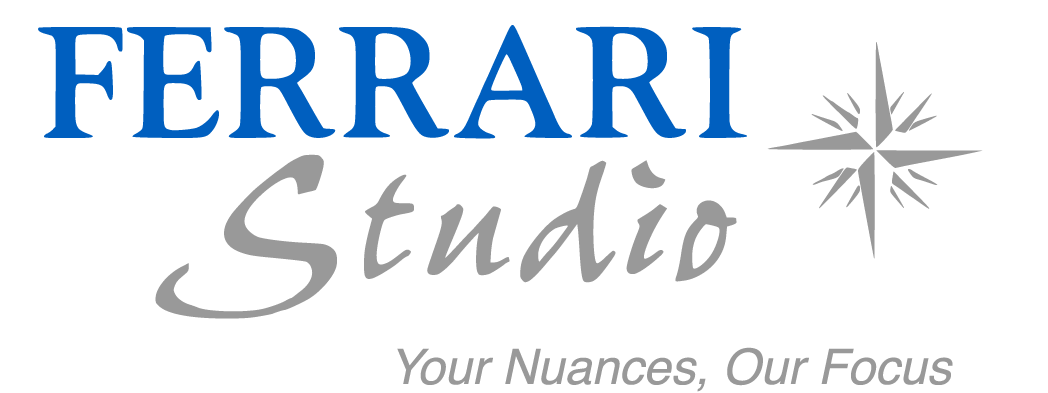Language certifications
International certifications: your passport to global success
Would you like an internationally recognised language qualification?
Our one-to-one courses give you access to personalised learning paths that are fully tailored to your needs and flexible in both duration and schedule.
They'll help you maximise your learning and gain a qualification.
In-person and online courses are available all year round.
Perfect for university admission, taking the next step in your career or simply proving to yourself that you can.
Get ready for the world’s most recognized language certifications with our expert-led preparation courses.
ENGLISH
Cambridge Qualifications
The University of Cambridge’s qualifications are internationally recognised.
Choose from a range of examinations, according to your level of language proficiency:
B1 Preliminary (PET)
The PET certifies a basic-to-intermediate level of English. It’s awarded to candidates who show they can use English in everyday situations, such as work, basic study or when travelling. It’s often requested for jobs requiring elementary language skills and some vocational training courses.
B1 Preliminary for Schools (PET for Schools)
Equivalent to the standard B1 Preliminary but specifically designed for school-age students (ages 11-17).
The exam content is tailored to topics and situations relevant to teenagers and students at a B1 level.
It certifies that the student can use everyday English in school contexts and familiar situations.
It’s excellent preparation for the B2 First for Schools certificate and is formal recognition of the language skills learnt at school.
B2 First (FCE)
This certifies an intermediate-to-advanced level. It shows you can live and work in an English-speaking environment or study courses taught in English. Many universities will require you to have this level to enrol on degree programmes in non-English-speaking countries. It’s also widely recognised in the world of work.
B2 First for Schools (FCE for Schools)
This variation of B2 First is adapted for teenage students. It certifies the same level, but the content is more tailored to young people's lives and interests. It proves you have the language skills you need to communicate confidently in an English-speaking environment, and can handle both straightforward and abstract topics. It is particularly useful for students planning to pursue studies in an international context, participate in exchange programmes or prepare for future study and work opportunities abroad.
C1 Advanced (CAE)
This certifies an advanced level of English. If you want to study at an undergraduate or postgraduate level at a British, American, Australian or Canadian university then you’ll need to prove you have this level.
Employers appreciate this qualification in candidates applying for roles that demand excellent English skills.
C2 Proficiency (CPE)
This is the highest level of language proficiency certified by Cambridge. It’s considered equivalent to the level of an educated native speaker. It’s accepted by virtually all universities in English-speaking countries. It’s also beneficial if you're applying for a high-level professional role, such as an academic, legal or managerial position.
IELTS (International English Language Testing System)
The IELTS is one of the most well-known and widely used English qualifications. It’s recognised by universities, employers and government authorities worldwide. For this test, your skills will be assessed in four areas: listening, reading, writing and speaking. There are two models: the IELTS Academic (for academic purposes) and the IELTS General Training (for professional or immigration purposes).
The scores range from 1 to 9, and the certification has no expiry date.
TOEFL (Test of English as a Foreign Language)
The TOEFL is another very popular qualification, especially in the United States and other English-speaking countries. Universities often require international students to take it before admission. The test assesses the four language skills and provides a score between 0 and 120. The TOEFL also has no expiry date, but scores can be claimed within two years of the exam date.

SPANISH
DELE (Diploma de Español como Lengua Extranjera)
The DELE is the official Spanish language certification. It’s issued by the Instituto Cervantes on behalf of Spain's Ministry of Education. You can take it in levels ranging from A1 to C2 , as defined by the Common European Framework of Reference for Languages (CEFR).
SIELE (Servicio Internacional de Evaluación de la Lengua Española)
The SIELE is an international digital certification that assesses Spanish language skills. It’s recognised by universities and educational institutions and covers levels A1, A2, B1, B2, C1 and C2.

FRENCH
DELF (Diplôme d'Études en Langue Française)
DELF is an official qualification issued by the French Ministry of National Education. It’s divided into 6 levels, ranging from A1 to C2, and is internationally recognised. DELF covers levels A1, A2, B1 and B2, while DALF (Diplôme Approfondi de Langue Française) covers levels C1 and C2.
TCF (Test de Connaissance du Français)
The TCF is a French language assessment test for academic and professional purposes, recognised by the French Ministry of National Education. It’s available in various modules, including the TCF for preliminary admission to French universities.

GERMAN
Goethe-Zertifikat
The Goethe-Zertifikat is one of the most recognised German language qualifications and is issued by the Goethe Institute. It covers all CEFR levels from A1 to C2. There are different variants, such as the Goethe-Zertifikat A1, A2, B1, B2, C1, and C2.
TestDaF (Test Deutsch als Fremdsprache)
If you want to go to university or work in Germany then the TestDaF is an internationally recognised certificate that’ll demonstrate your German language skills. It assesses language competence at B2, C1 and C2 levels, and is widely used for university entrance in Germany.
ÖSD (Österreichisches Sprachdiplom Deutsch)
The ÖSD is another official internationally recognised qualification in German. It covers levels A1 to C2 and you can use it for professional, educational and immigration purposes and it's internationally recognised.
Each of these certifications is used for academic, professional, or immigration purposes, and is valid in various international contexts.
